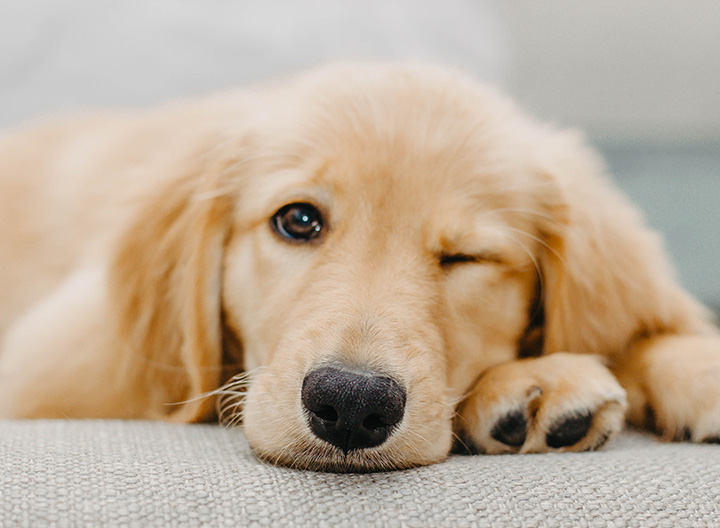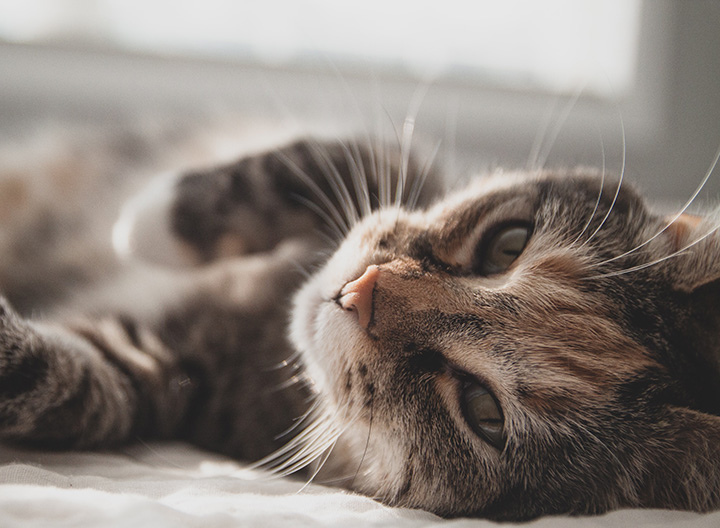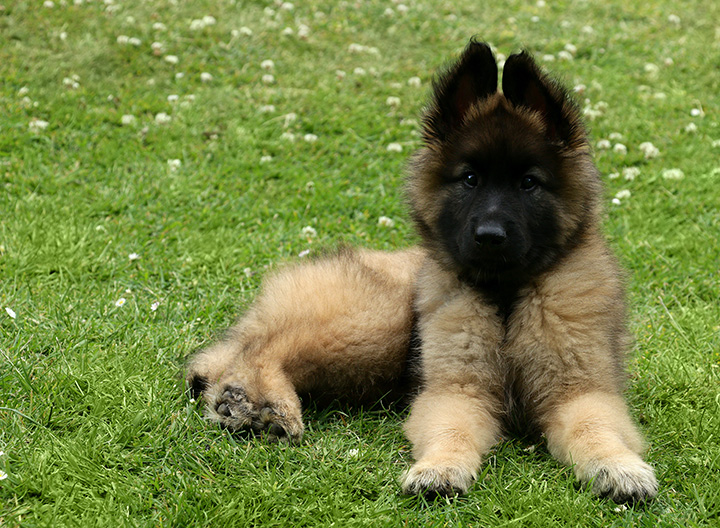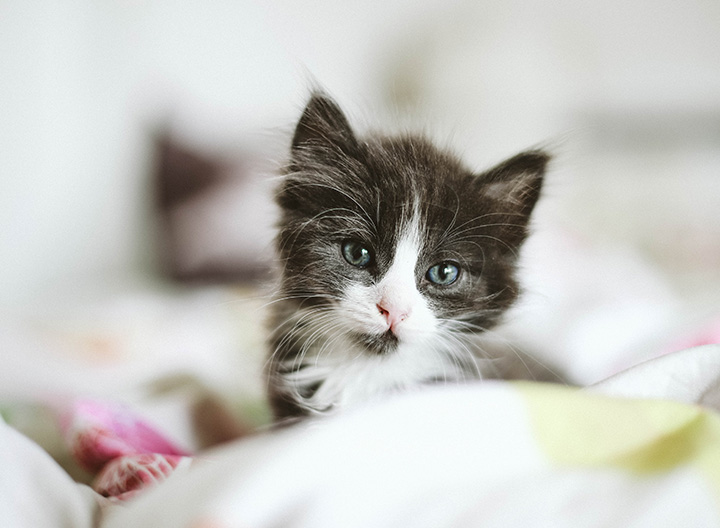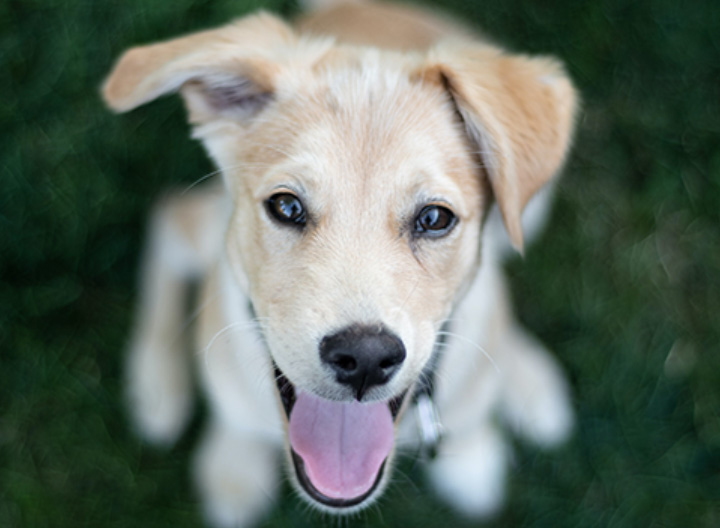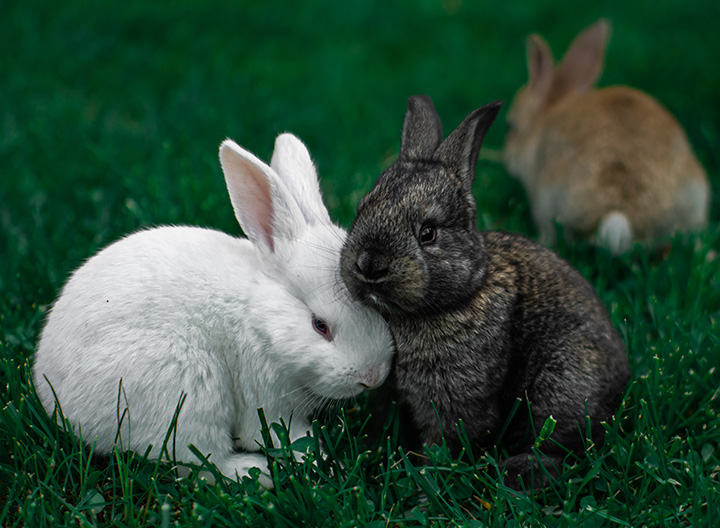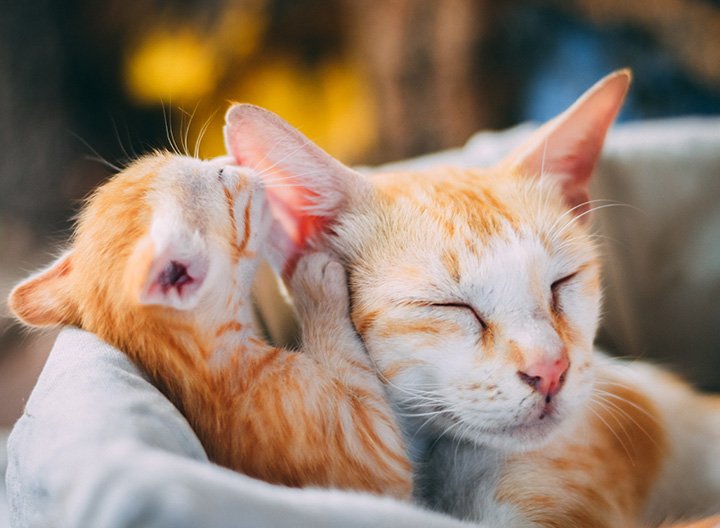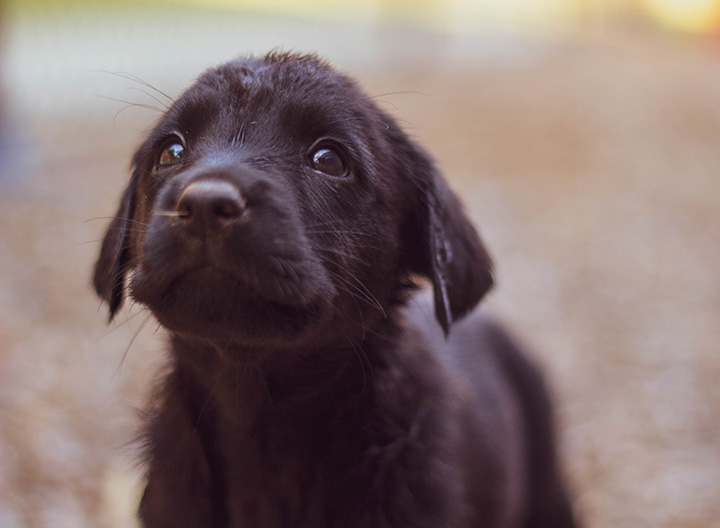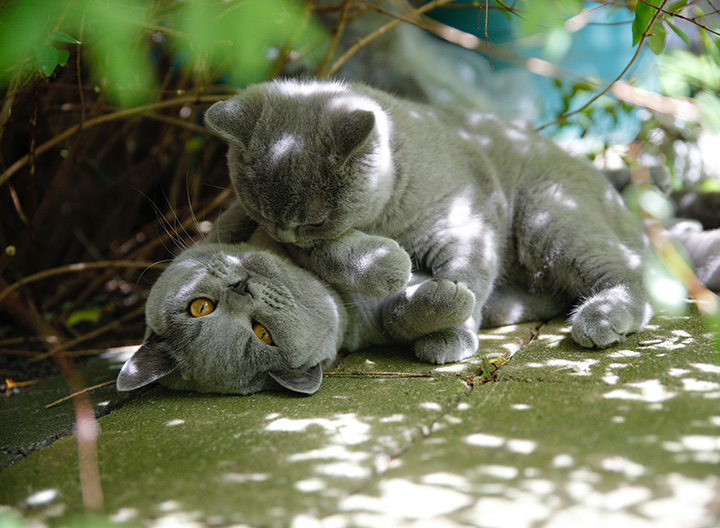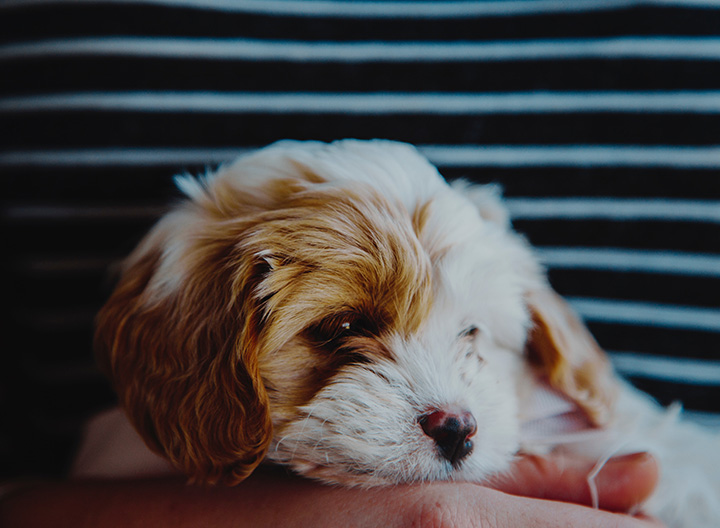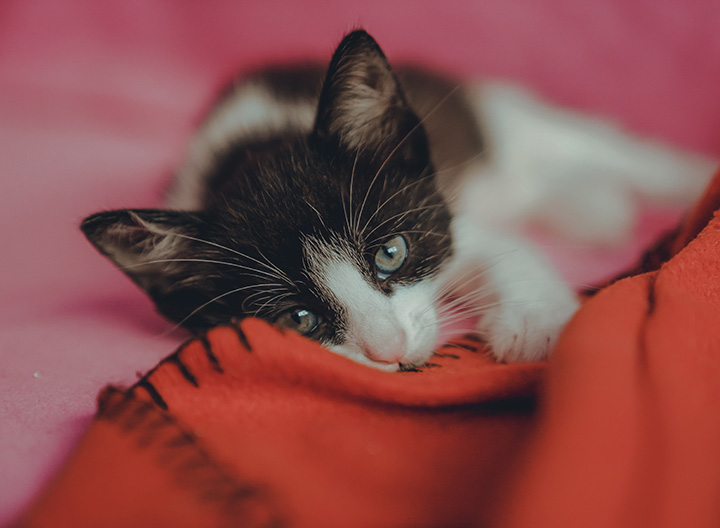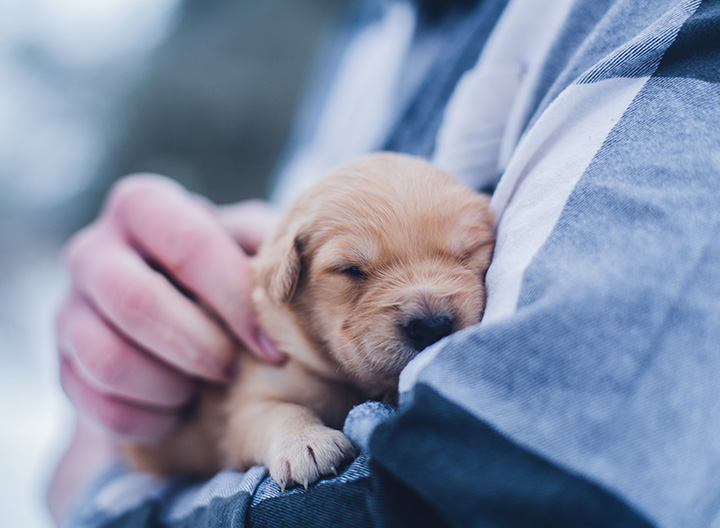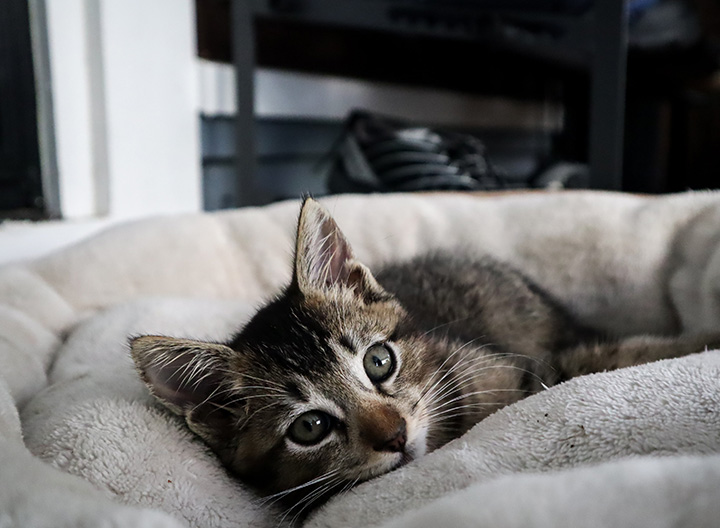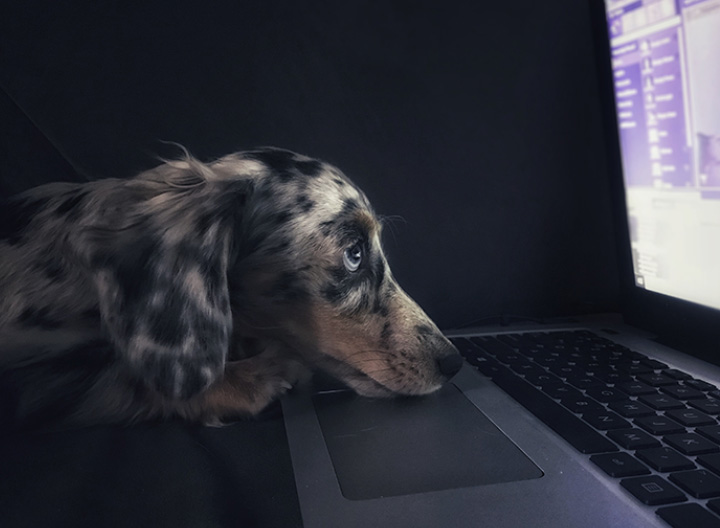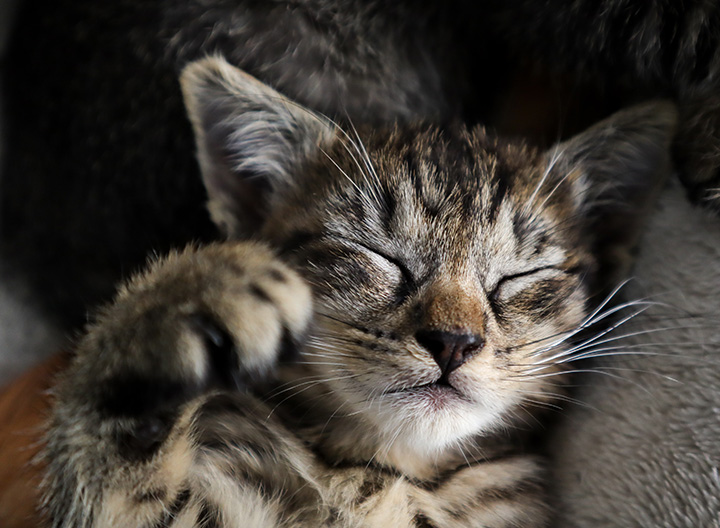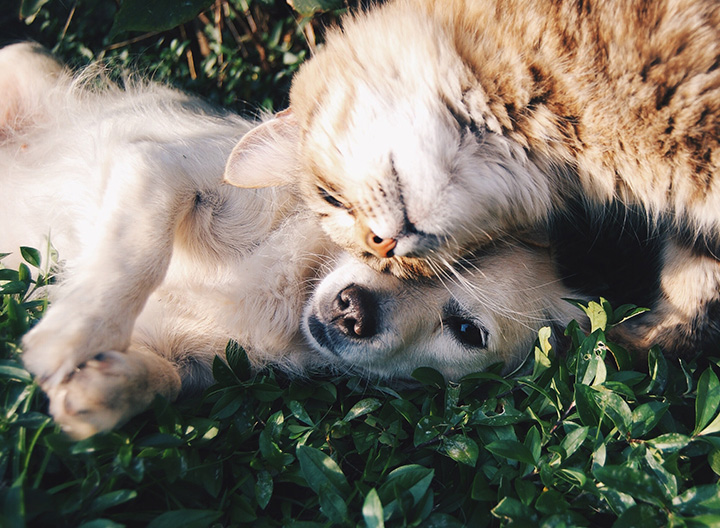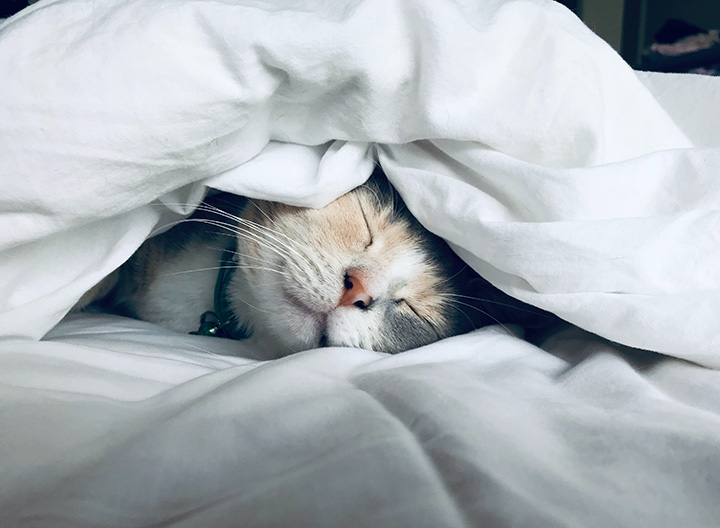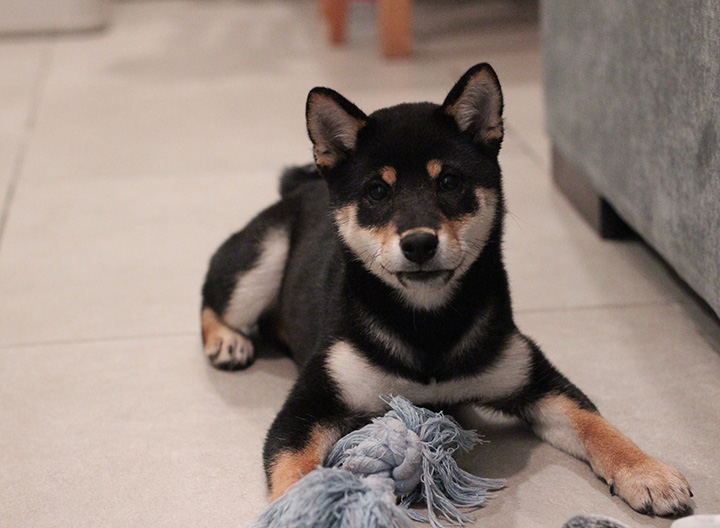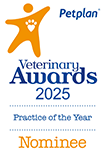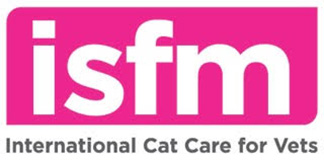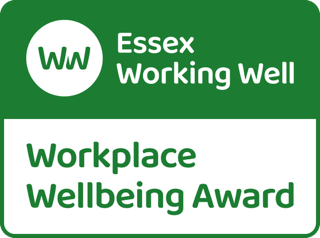Puppy Advice
Bringing a puppy into the home is an exciting and rewarding experience but it can also be a lot of hard work at first. Puppies require care, training and a lot of attention to help them grow into a happy, confident and a well-mannered member of your family. Here’s some handy information to get you started.
Health and Vaccination
When leaving the breeder or rescue centre at 8 weeks of age they should usually have been given the first part of the primary vaccine course, been microchipped and been given worming and flea treatment. This may not always be the case and so it’s important to find out these details about your new pet before taking them on. The vet will need to know this information to book your puppy in for a health check and to start these essential preventative treatments or to know when they are next due. The first vaccine should be at 8 weeks and repeated at 12 weeks of age.
Insurance
Accidents and sudden illnesses can occur especially with new puppies who like to explore and do things they aren’t always supposed to, so insurance is recommended to help plan for those unexpected and often costly events. Click here for more information.
Pet Health Club
We offer a Pet Health Club to help spread the cost for preventative health care giving you reassurance that your new puppy has everything it needs to remain healthy and happy. Click here for more information.
Nutrition and Food
Nutrition is very important and provides your puppy with all the essential nutrients to help them grow healthily. Puppies should be fed a complete and balanced diet specifically for puppies as they have different requirements to adult dogs. We advised feeding three to four small meals a day, but this will vary depending on the age and size of the puppy and to also weigh the food out using digital scales to ensure you are feeding the correct amounts. Any new diets should be changed over gradually over the course of 7 -10 days to avoid gastrointestinal upset.
It can be very easy to overfeed a puppy, especially when those cute eyes are starring up at you, but this can cause excess weight gain and obesity. Be mindful of the amount of treats you are giving especially when training. Treats should not make up more than 10% of the total daily calorie intake. Regular weight checks with our nurses can help keep your puppies’ weight on the right path.
Toilet Training
Toilet training can be challenging but with consistency and patience your puppy will get the hang of it.
You should frequently allow your puppy access to your chosen toilet area outside especially after waking up, after meals as this stimulates urination/bowel movements and when showing visible signs of wanting to toilet such as circling behaviours, sniffing/scratching the floor or whimpering.
We advocate for positive reinforcement when toileting and offer lots of praise when they have toileted where they are supposed to.
Accidents will happen in the early stages but never scold your puppy for such behaviour as this can be detrimental for your puppies training. Positive reinforcement is the way to go and your puppy will soon establish a routine. The outside world is very exciting for a puppy, but it can be quite distracting so be patient and be ready to reward them for good behaviours.
Socialising
Socialising is a crucial part of your puppies development (between 8-16 weeks), but it can take time to build their confidence when they are experiencing something new. Always be consistent and get all family members on board so you know that you are all teaching the same techniques and always positively reinforce good behaviours so that your puppy learns how to become well adjusted.
Once your puppy is fully vaccinated they can start to socialise outside of the house and start mixing with other dogs and start to learn new skills and experience new sounds and smells.
It is vital to expose your puppy to all sorts of different environments (parks/roads/ schools), noises (cars/motorcycles/bikes/vacuum cleaner, tv etc), introduce them to new people of all ages and appearances and mix with other dogs but remember to support your puppy through these experiences and closely monitor your puppies body language to ensure that they are not becoming overwhelmed.
Training classes can be a great tool to help your puppy learn essential commands and have fun with you and other dogs.
A visit to the vets
It’s always a good idea to get your puppy used to being handled especially when coming to the vets. It’s good to routinely practice these things at home and make it fun. Handle them calmly and be gentle especially for timid puppies.
Getting them used to having their feet touched (for nail clips), their mouth checked (to prepare for teeth brushing) and having a look down both ears can make an examination at the vets less stressful. Remember to always praise and reward your puppy when they allow you to do these things and they will soon associate them with a positive experience.
Also start grooming/brushing at a young age particularly long haired breeds to prevent knots forming.
As with any new behaviours you ask of your puppy, it can take time for them to learn but just be consistent and patient and always stick within your puppies limits to make it a pleasant experience.
The team at Brookend look forward to meeting your new puppy and are on hand to help with any advice.

